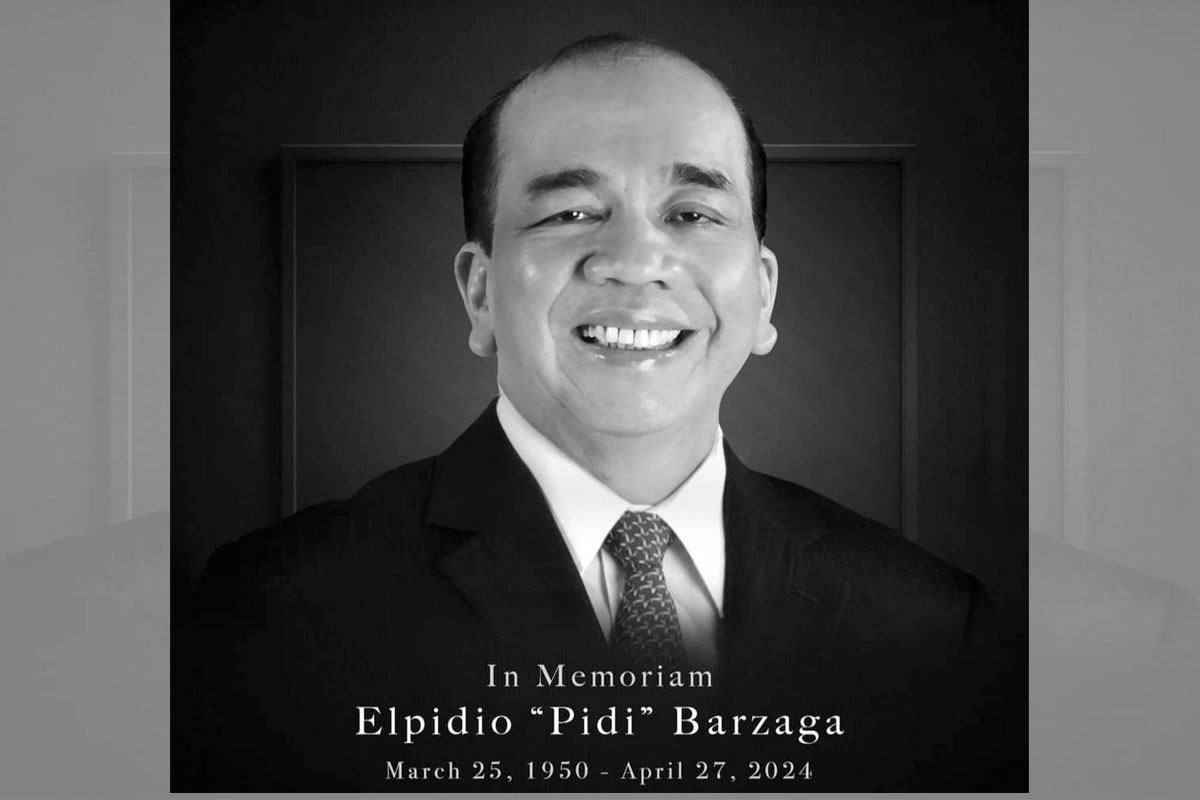
Judiciary marshals bill gets House approval
A measure seeking to provide armed protection to trial judges, amid escalating threats to their personal safety, was approved in third and final reading.
Members of the House of Representatives unanimously voted in favor of House Bill 9086 which also seeks to establish the Judiciary Marshals Service.
This Judiciary Marshals Service shall operate “as an independent, professional, and organized security force under the direct control and supervision of the Supreme Court.”
According to the principal author, Surigao del Sur Rep. Johnny Pimentel, the service may have up to 2,800 marshals, assuming at least one is detailed to every trial judge and every justice.
Based on the judiciary’s staffing summary in the 2021 General Appropriations Act, Pimentel said the country has 2,772 active trial judges and justices.
“Once set into motion, the service will help deter and thwart armed attacks against our judges,” Pimentel said, adding that the marshals are expected to proactively deal with all actionable threats.
The counterpart measure – Senate Bill 1947 – is already up for plenary action.
Under the bill, the service shall be headed by a chief marshal, who shall have the same rank and privileges as an associate justice of the Supreme Court.
The chief marshal shall be assisted by three deputies – one each for Luzon, Visayas and Mindanao – who shall have the same rank and privileges as a regional trial court judge.
The chief marshal and his or her three deputies must all be members of the Philippine Bar, and must have held the rank of at least a full colonel in the Armed Forces or the National Police, or assistant director of the National Bureau of Investigation.
They shall be appointed by the Supreme Court and serve until they reach the age of 65 years old.
The bill leaves it up to the high tribunal to configure the full staffing pattern of the service, which is expected to protect justices, judges, court officials and staff as well as court properties; investigate, in coordination with other law enforcement agencies, crimes and offenses committed against justices, judges, court officials and staff as well as court assets; secure court trials and hearings, including meetings and seminars; and aid in the execution of court orders.
Under the bill, the marshals are empowered to carry duly licensed firearms; conduct arrests, searches and seizures in relation to their functions, and in accordance with the Constitution, existing laws and rules; issue subpoenas for the appearance of any person for investigation, apply for search warrants before any court, and file complaints before any prosecutor; take sworn statements from any person summoned in relation to cases under investigation; have access to public records in the custody of any government agency when needed.






















